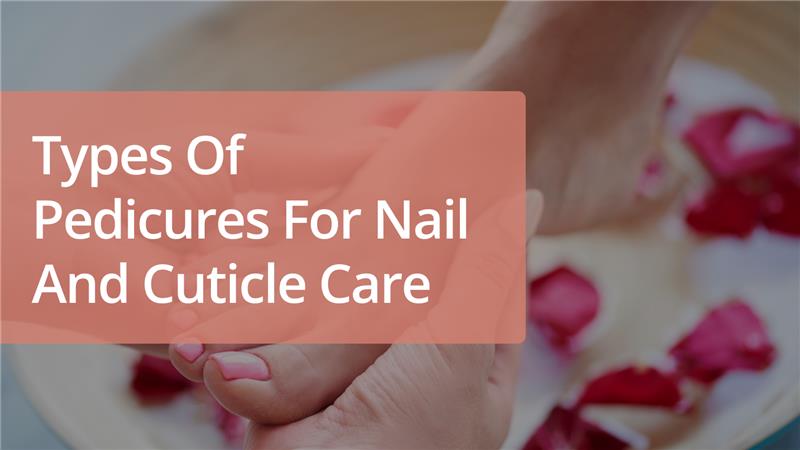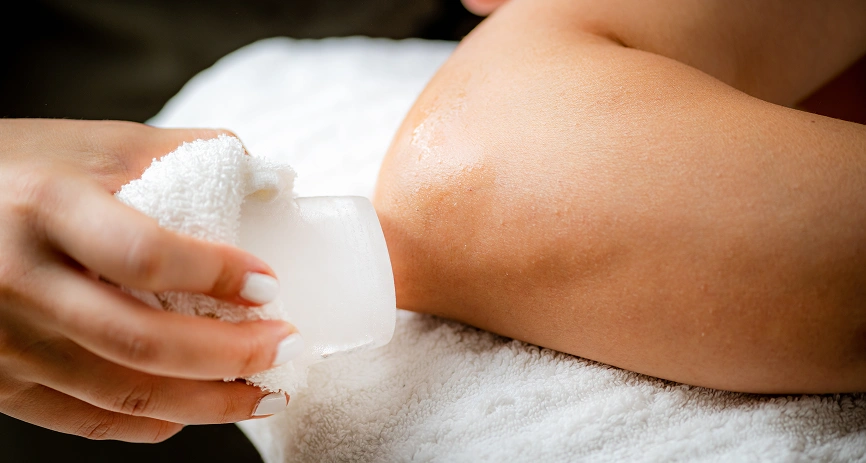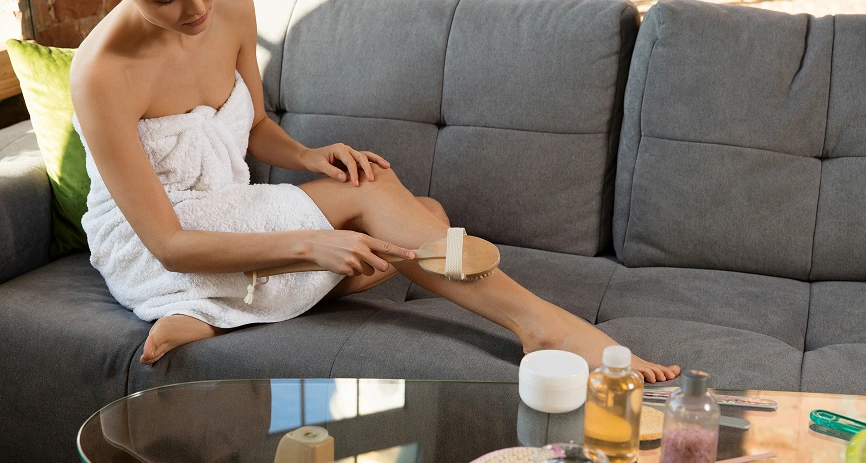Waxing is very effective in getting smooth and hair-free skin. Nevertheless, the journey goes on even after the wax strips are pulled out. Thorough after wax care is essential to ensure your skin is healthy and you do not face any problems like irritation, redness, or ingrown hairs. Waxing helps you look the best version of yourself, but without aftercare, you can end up in a challenging situation. Without proper aftercare, you may encounter redness and irritation. But do not worry. Here is a comprehensive guide that will help you take care after waxing: the essential dos and don’ts. Therefore, before you delve into the wonderful world of waxing, check out this guide that answers all your questions regarding post-care.
Is care post-waxing important? Yes! Post-waxing care is significant to your skin health. It is vital to prevent infections, irritation, and redness and to enhance your skin for the next waxing treatment by taking care of your waxed areas in the best possible way. After wax care is all about prevention and maintenance and is significant for the same reason as your daily skincare routine- what’s best! Here are the reasons why post-wax care is important:
Waxing removes hair from its roots and exposes your skin to redness, itching, and irritation. You can see redness, swelling or a tingling sensation immediately after waxing. Take proper care measures after your session to control the irritation.
With proper wax after care, you can avoid common problems such as ingrown hairs and skin infections, making sure your skin is radiant and soft for a long time.
Irritation occurs due to removing the dead skin’s outer layer with unwanted hair. Avoid such irritation with the help of soothing skincare products such as aloe vera gel and avoid harsh scrubs.
An ingrown hair emerges when new hair grows inside the skin instead of outside. Exfoliation 24 to 48 hours after waxing can prevent ingrown hairs.
Open hair follicles are susceptible to infections if you do not maintain hygiene. Clean the waxed area as recommended and avoid touching it, especially with dirty hands. If you apply a moisturiser, thoroughly wash your hands and touch the waxed area.
So, what should you do after a waxing session? How can you keep the waxed area free from irritation? How can you make the outcome last longer once you return home after a wax? That’s too many questions, but worry not! Listed below are the things that you should do for after wax care:
Clean the area with a gentle cleanser to remove extra residues while avoiding exfoliation after your waxing session. Use aloe vera gel or a gentle lightweight lotion per your skin type to moisturise and calm the waxed area. Search for skincare ingredients such as chamomile and calendula for additional relief.
Wear loose, cotton outfits and allow your skin to breathe to prevent irritation. Opt for breathable and stretchable materials over tight-fitting fabrics that stick to the waxed area and damp it. Tight outfits rub against the waxed area, resulting in discomfort and inconvenience.
Wrap one or a few smaller pieces of ice in a cloth or handkerchief. Apply this cool compress to the freshly waxed area for 10 to 15 minutes. The cool compress decreases inflammation and soothes the skin. Applying ice on the waxed area relieves you from tingling or burning sensations.
Use a gentle exfoliant such as a sugar scrub to remove the dead skin cells after your skin has slightly recovered from waxing. This will clear the waxed area. For gentle exfoliation, use exfoliants specially made for sensitive skin. Use gentle products comprising natural ingredients like oatmeal or jojoba beads.
Drinking water hydrates from within, enhancing your skin’s healing capacity and maintaining smoothness. Deep nourishment supports skin health, minimising dryness or flakiness after waxing.
Just as knowing what to do and how to take proper care after wax is important, it is also significant to know what should not be done after waxing:
Irritation of your freshly waxed skin may tempt you to touch and scratch it. However, doing so can clog your pores or can lead to bacteria build-up and infection. Hence, refrain from touching your skin right after waxing. Touch your skin only after washing your hands properly.
Although exfoliating 24 hours before or after waxing is recommended, avoid exfoliation immediately after waxing. Exfoliating too quickly for wax after care can make the area sensitive and vulnerable to infections. Instead, exfoliate after 24 hours or as your therapist has recommended.
You may think there is no harm in using body butters, lotions, or body washes not designed for freshly waxed skin. But that is a mistake. These products can clog pores and lead to breakouts, irritation, and bumps. Instead, apply products created for waxed areas.
Do not apply heavy, oily, or aromatic products and perfumes as a part of your wax after care. Keep such products away because the newly waxed area can be exposed to infection, redness, and other issues. Rather, add lightweight and non-comedogenic products to your post-waxing care routine.
Tight clothing traps heat and sweat, resulting in discomfort. Wear lightweight fabrics, such as cotton or other soft fabrics, that save your skin from friction and sweat accumulation. Keep tight clothing away and allow the waxed area to get sufficient air to recover quickly.
Listed below are some long-term maintenance tips that you should follow for after wax care:
Exfoliation removes dead skin, which prevents clogged pores and minimises the risk of ingrown hairs. Exfoliate twice or thrice a week but after 24 to 48 after waxing.
Moisturising the waxed area is crucial for retaining skin elasticity and smoothness. Use a lightweight and aroma-free lotion immediately after showering to lock in moisture.
Following a waxing schedule regularly ensures even regrowth of your hair. This makes waxing sessions in the future less painful and effective.





